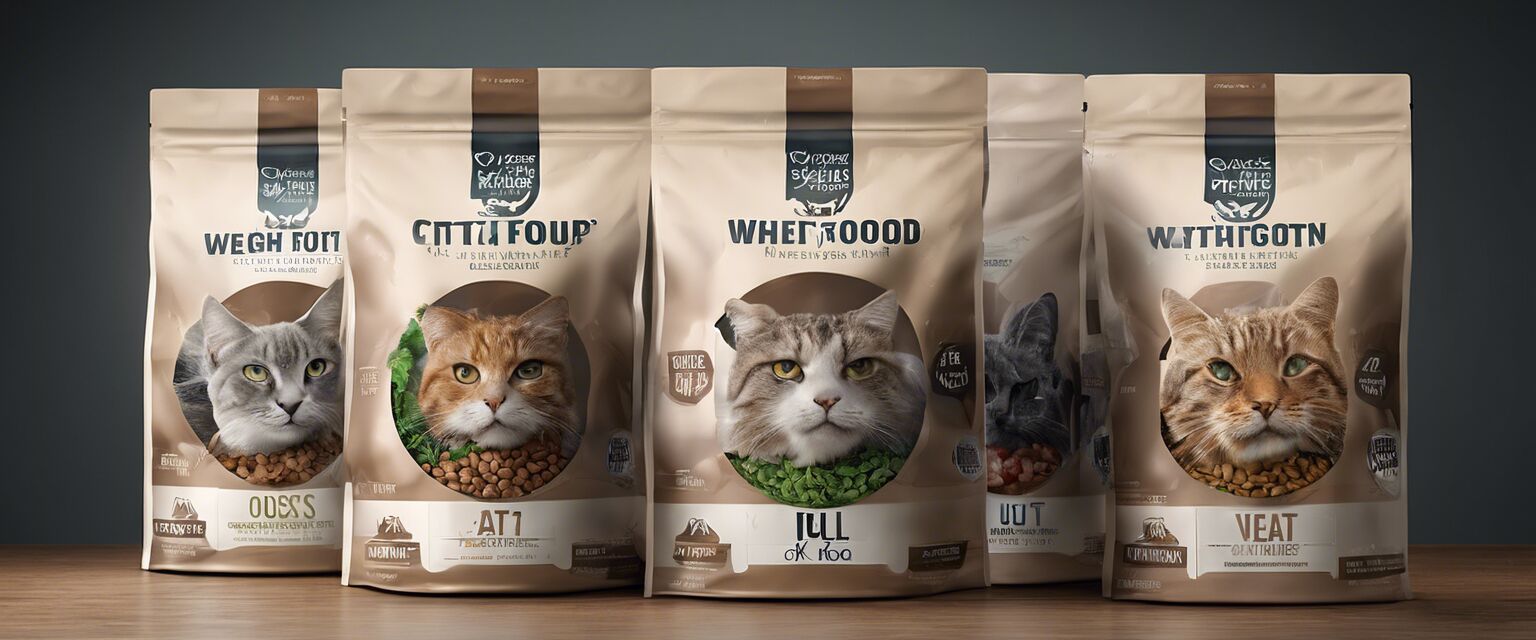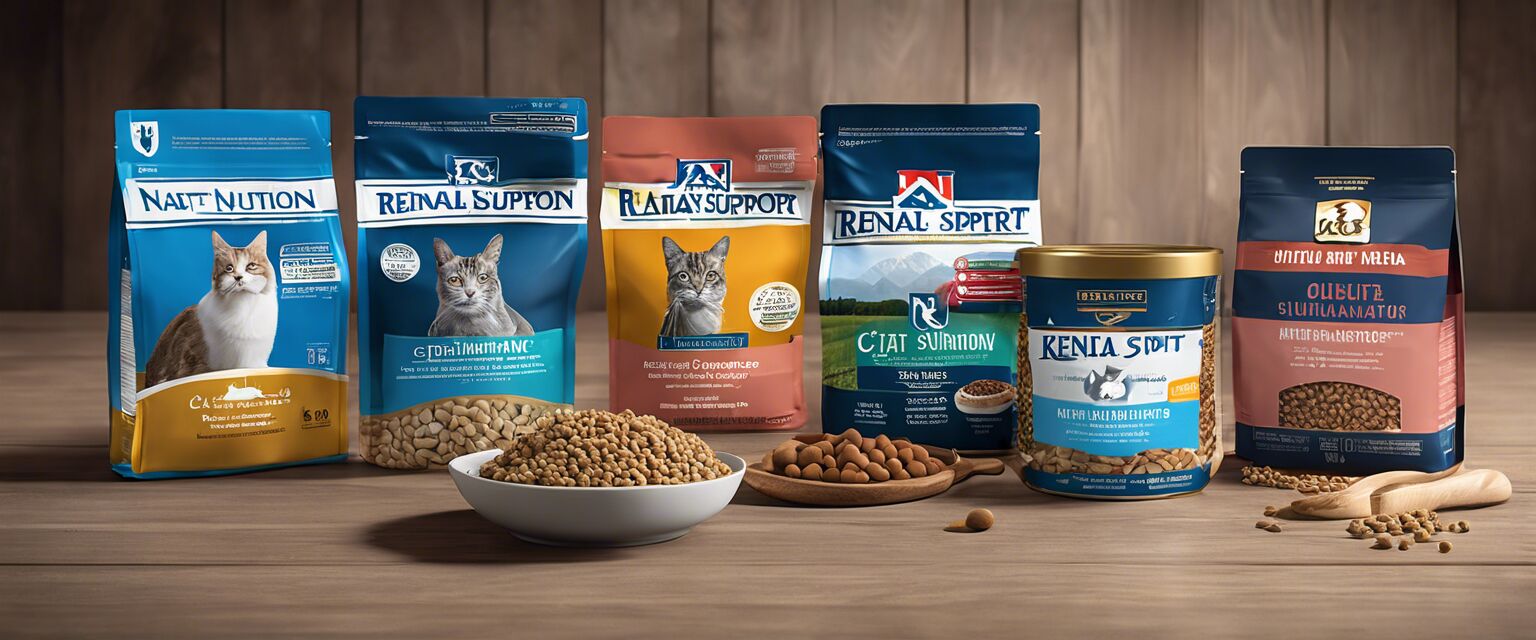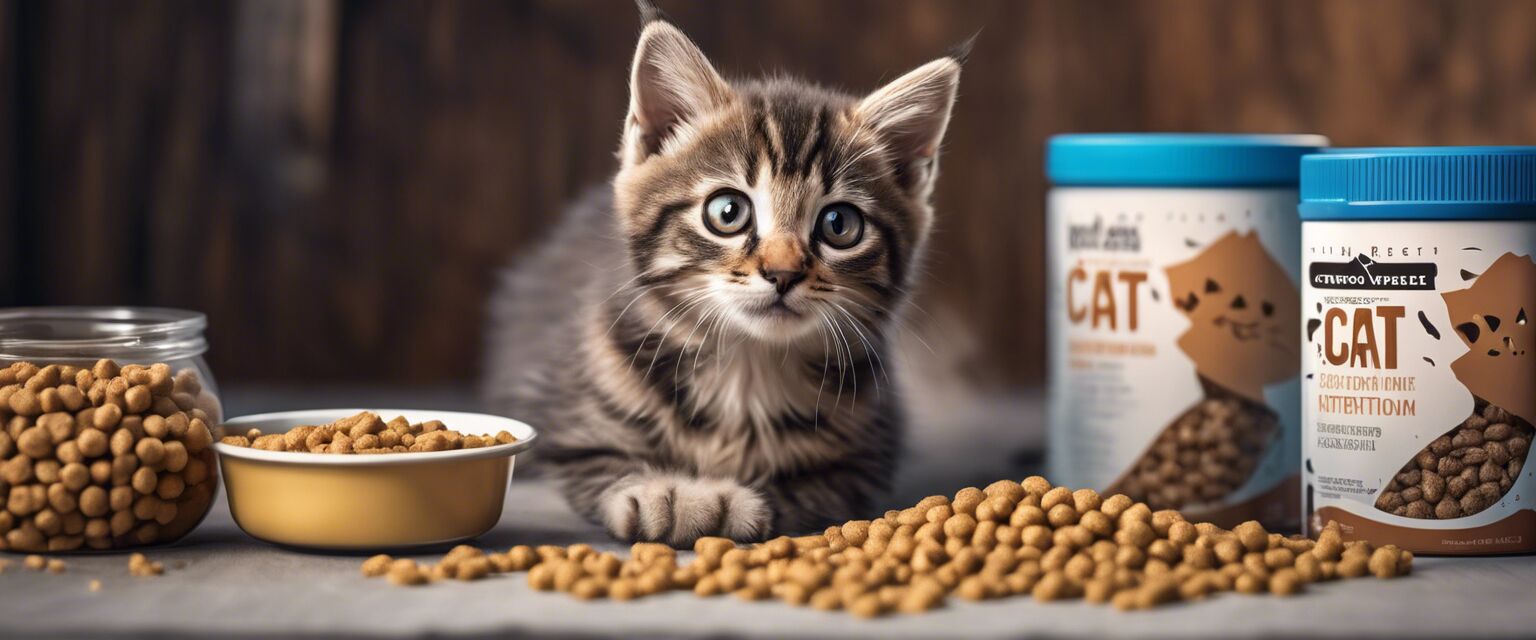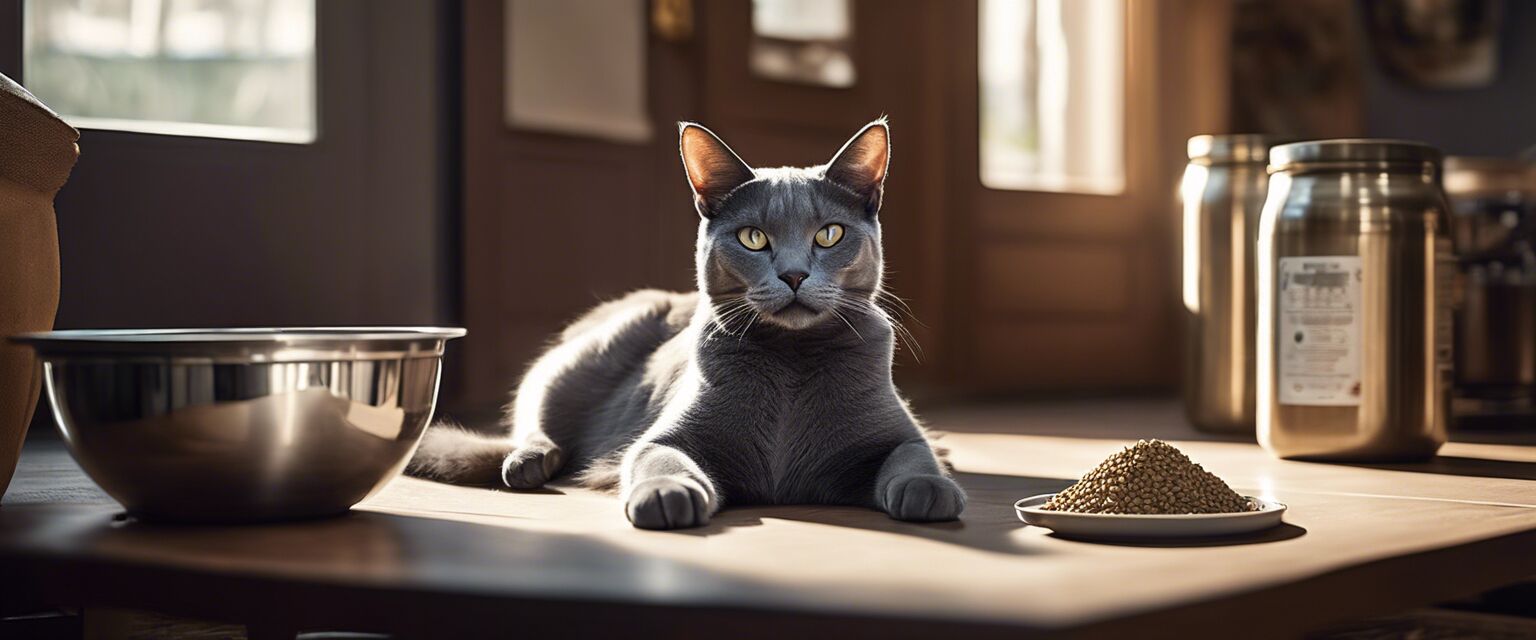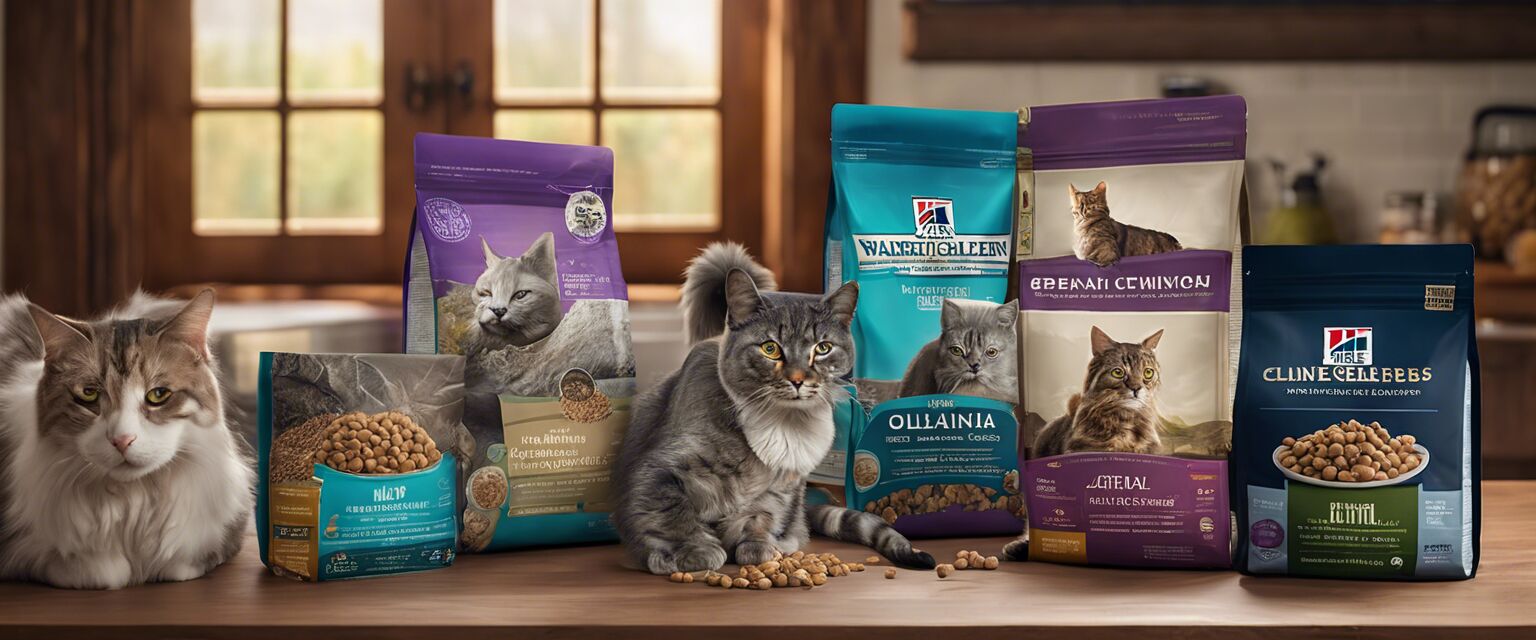
Specialty diets for cats
Key Takeaways
- Specialty diets cater to specific health needs of cats.
- Common types include hypoallergenic, weight management, and renal support diets.
- Dietary choices should be made in consultation with a veterinarian.
- Proper nutrition can enhance your cat's quality of life.
Choosing the right diet for your cat is essential for their health and well-being, especially when dealing with specific health issues. Specialty diets are formulated to meet the unique dietary requirements of cats that may suffer from allergies, weight management issues, or renal problems. This guide will delve into various specialty diets for cats, highlighting their features, benefits, and what to consider when choosing the right one.
Understanding Specialty Diets
Pets, just like humans, can experience health concerns that require specific dietary adjustments. Thus, specialty diets have become increasingly popular among cat owners. Hereâs a closer look at what specialty diets entail:
| Specialty Diet | Description |
|---|---|
| Hypoallergenic Diets | Designed for cats with food allergies to minimize allergic reactions. |
| Weight Management Diets | Lower calorie and fat content to help cats achieve and maintain a healthy weight. |
| Renal Support Diets | Specially formulated to support kidney function and overall health in senior cats. |
Types of Specialty Diets
1. Hypoallergenic Diets
Hypoallergenic diets are crucial for cats that have allergies to common ingredients found in regular cat foods. These diets are typically made from novel protein sources, such as fish or duck, and are devoid of common allergens like grains.
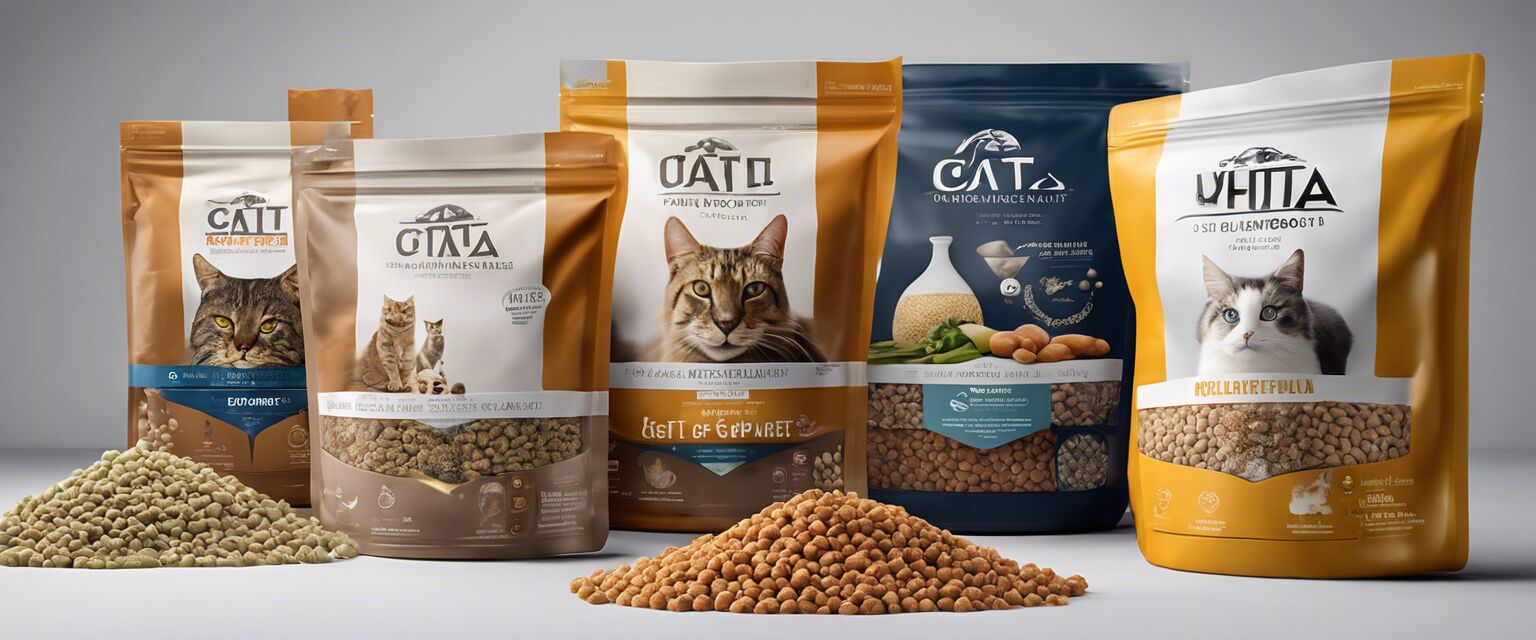
2. Weight Management Diets
Obesity is a prevalent issue among domesticated cats. Weight management diets focus on providing fewer calories while still delivering necessary nutrients to ensure your cat feels full and satisfied. These foods are formulated with higher fiber and protein levels.
3. Renal Support Diets
Older cats are particularly vulnerable to renal issues, making renal support diets essential. These diets help minimize the workload on the kidneys by providing controlled levels of protein, phosphorus, and sodium. Always consult a veterinarian before switching your cat to a renal support diet.
How to Choose the Right Specialty Diet
Choosing the right specialty diet for your cat involves careful consideration. Here are several factors to keep in mind:
- Consult with a veterinarian to identify your cat's specific needs.
- Evaluate the ingredients list and avoid fillers that may trigger allergies.
- Look for high-quality brands that have undergone feeding trials.
- Pay attention to your cat's weight and overall health; monitor progress regularly.
Pros
- Specialty diets can significantly improve health and well-being.
- They cater to specific dietary needs based on health conditions.
- High-quality ingredients support better nutrition.
Cons
- Specialty diets can be more expensive than standard options.
- Transitioning to a new diet requires time and patience.
- Not all cats will accept new flavors and textures easily.
Common Misconceptions About Specialty Diets
Despite their growing popularity, specialty diets are often surrounded by misconceptions. Here are a few clarifications:
- Myth: All cats require specialty diets. Fact: Only cats with specific health issues need specialty diets; consult your vet.
- Myth: Specialty diets are just marketing strategies. Fact: They are scientifically formulated to manage health concerns.
Conclusion
Specialty diets play a crucial role in managing specific health issues in cats. By understanding the different types of diets available and consulting with a veterinarian, you can make informed decisions about your catâs nutrition. Remember that a balanced and appropriate diet contributes significantly to the overall quality and longevity of your furry friendâs life.
Learn More About Cat Nutrition
If you're interested in expanding your knowledge of cat nutrition, explore our other pages:
